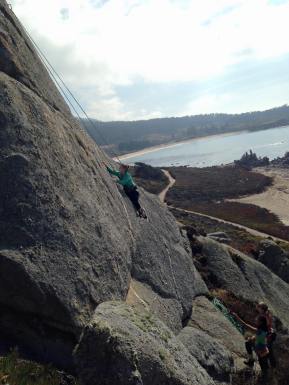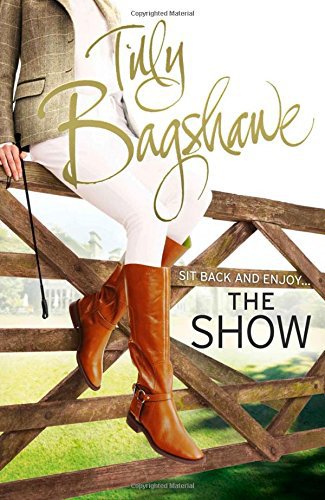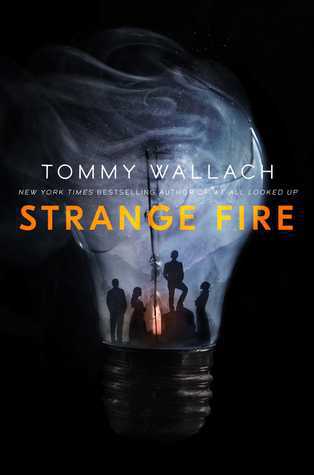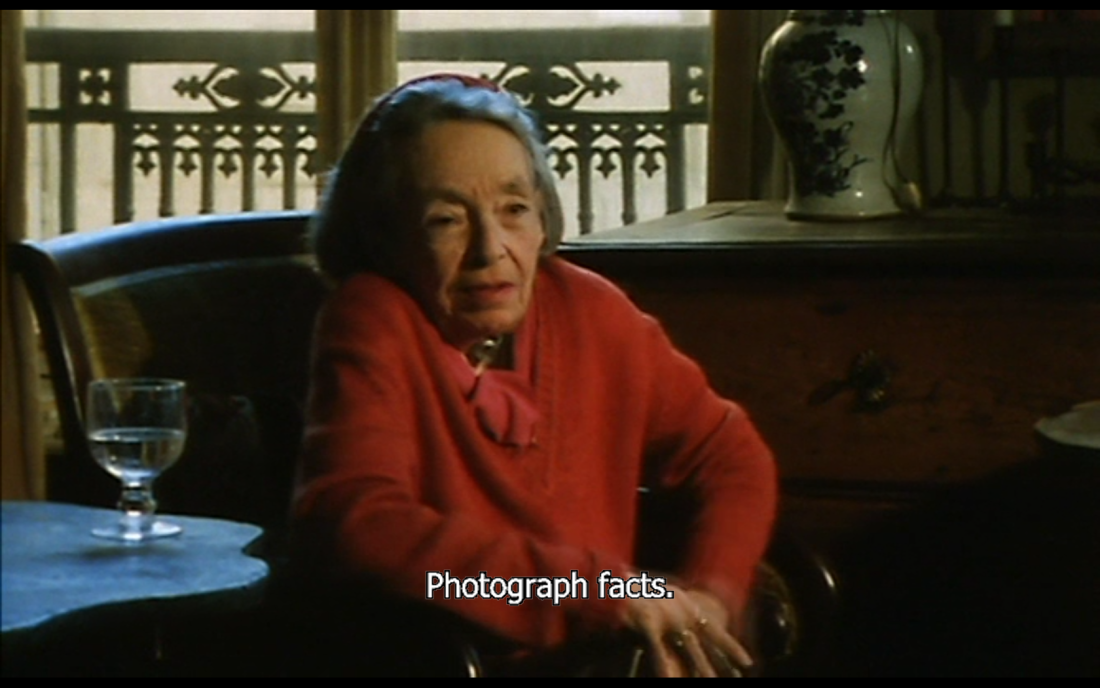
Melodie Campbell
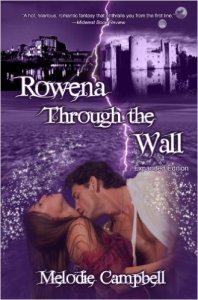 In Part 4 of our travel series, Melodie Campbell, our Queen of Comedy, tells us how travel lead to a haunting and inspiring setting for her comic time travel novel, Rowena Through the Wall.
Rowena Through the Wall (Imajin Books) was featured on USA Today and was a top 100 Bestseller on Amazon.com, sandwiched between Tom Clancy and Nora Roberts.
And don’t forget pick up a copy of Mel’s new book, Worst Date Ever.
In Part 4 of our travel series, Melodie Campbell, our Queen of Comedy, tells us how travel lead to a haunting and inspiring setting for her comic time travel novel, Rowena Through the Wall.
Rowena Through the Wall (Imajin Books) was featured on USA Today and was a top 100 Bestseller on Amazon.com, sandwiched between Tom Clancy and Nora Roberts.
And don’t forget pick up a copy of Mel’s new book, Worst Date Ever.
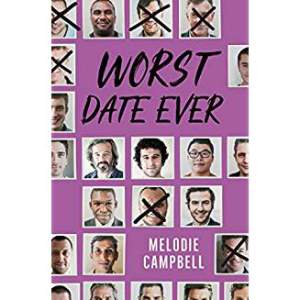 “Setting as character.” You hear it a lot in first year writing classes. But what do we mean by that?
Setting is important in helping to establish the mood of your story. We mean it should be treated with as much attention as you would give any other character.
The trouble with many beginning writers is they set their novels in ‘Anytown USA.’ Thus, no character, no unique feel to the place…the ‘why is it different from everywhere else?’ is missing.
As a writing instructor, each term I tell students to go to the places they want to write about. Know your setting. Don’t set your book in Seattle if you’ve never been to the West Coast. It simply won’t come off as believable. You’ve got to experience the unmistakably salty odor of the sea air as it rushes in from the Pacific.
But what if your book is set in the past? Obviously, you can’t travel to 17th century France if you’re planning to set your story there. But you can visit the country today. You can visit museums there and find out details of the time and place in the same way you need to find out details of a current setting.
So that’s what I did. I traveled back to the west of England, to a place I knew from my childhood. A land with verdant rolling hills, where sheep are more common than people.
“Setting as character.” You hear it a lot in first year writing classes. But what do we mean by that?
Setting is important in helping to establish the mood of your story. We mean it should be treated with as much attention as you would give any other character.
The trouble with many beginning writers is they set their novels in ‘Anytown USA.’ Thus, no character, no unique feel to the place…the ‘why is it different from everywhere else?’ is missing.
As a writing instructor, each term I tell students to go to the places they want to write about. Know your setting. Don’t set your book in Seattle if you’ve never been to the West Coast. It simply won’t come off as believable. You’ve got to experience the unmistakably salty odor of the sea air as it rushes in from the Pacific.
But what if your book is set in the past? Obviously, you can’t travel to 17th century France if you’re planning to set your story there. But you can visit the country today. You can visit museums there and find out details of the time and place in the same way you need to find out details of a current setting.
So that’s what I did. I traveled back to the west of England, to a place I knew from my childhood. A land with verdant rolling hills, where sheep are more common than people.
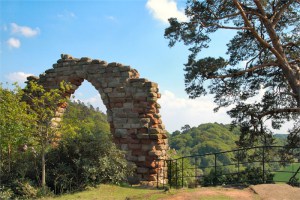 This piece of Shropshire claims a part of my heart. The original stone castle, erected after Harold fell to William in 1066, went to ruin in the early 1500s. The ‘new’ abode, Hawkstone Park, was built in 1556; it was forfeited in 1906 to pay off the gambling debts of my rakish relative. You can still see it; it’s open to the public every August.
This piece of Shropshire claims a part of my heart. The original stone castle, erected after Harold fell to William in 1066, went to ruin in the early 1500s. The ‘new’ abode, Hawkstone Park, was built in 1556; it was forfeited in 1906 to pay off the gambling debts of my rakish relative. You can still see it; it’s open to the public every August.
 Tony Clegg-Hill (original name Huel) was the previous Viscount Clegg-Hill, and my late cousin. I adored him. He had that particular dry British wit that reminded me seriously of David Niven. It was his great-grandfather who lost the castle.
Tony would regale me with anecdotes about the family villains: the original Viscount Huel, who was basically a henchman for William the Conqueror. More recent rogues like Sir Rowland Hill gambled away anything that could be taken as a stake. It’s a damning history, yet a vibrant one.
Tony Clegg-Hill (original name Huel) was the previous Viscount Clegg-Hill, and my late cousin. I adored him. He had that particular dry British wit that reminded me seriously of David Niven. It was his great-grandfather who lost the castle.
Tony would regale me with anecdotes about the family villains: the original Viscount Huel, who was basically a henchman for William the Conqueror. More recent rogues like Sir Rowland Hill gambled away anything that could be taken as a stake. It’s a damning history, yet a vibrant one.
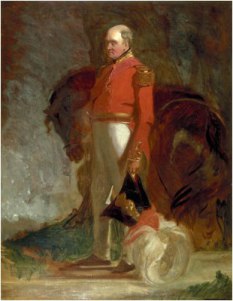 But not all the family were black sheep; one Lord Hill distinguished himself as the second in command to the Duke of Wellington at the battle of Waterloo. When Wellington was made Prime Minister in 1824, Hill succeeding him as commander in chief of the army. The coat of arms (which illustrates the family tree with all the crests of family intermarriage) is twelve feet long.
So when it came to writing Rowena Through the Wall, I had to feature my favorite place. The original Norman castle, with its rounded turrets, crenellations and merlons has been in my imagination for decades. It’s not there anymore. But the land survives. It vibrates with history. Stand still, if you go there. If you are really quiet, you might hear a ghost or two.
Do you know the scent of dusty stone? The smell of the rain on the moors?
Rowena walks through the wall to her ancestor’s land, and she falls in love with it too.
Follow Melodie at http://www.melodiecampbell.com/
But not all the family were black sheep; one Lord Hill distinguished himself as the second in command to the Duke of Wellington at the battle of Waterloo. When Wellington was made Prime Minister in 1824, Hill succeeding him as commander in chief of the army. The coat of arms (which illustrates the family tree with all the crests of family intermarriage) is twelve feet long.
So when it came to writing Rowena Through the Wall, I had to feature my favorite place. The original Norman castle, with its rounded turrets, crenellations and merlons has been in my imagination for decades. It’s not there anymore. But the land survives. It vibrates with history. Stand still, if you go there. If you are really quiet, you might hear a ghost or two.
Do you know the scent of dusty stone? The smell of the rain on the moors?
Rowena walks through the wall to her ancestor’s land, and she falls in love with it too.
Follow Melodie at http://www.melodiecampbell.com/
Advertisements Share this:

